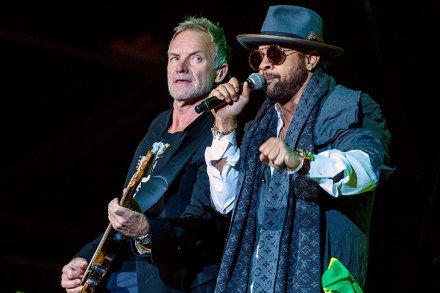Will Philip Pullman forgive my ‘gross insult to Beethoven’?
In my first week as an MEP, I was delighted to find that my Twitter feed included lots of interest in classical music and literature: Beethoven and Schiller. It soon became apparent that it wasn’t a cultured debate, but vicious condemnation of us turning our backs during “Ode to Joy”. The EU officials had demanded that we stand for the “national” anthem, and we objected to that great work being hijacked as a federalist “Anthem of Europe”. We were accused of being philistines and disrespecting European civilisation. Novelist Philip Pullman scolded me for my “gross insult to Beethoven”. As it happens, I love the universal brilliance of Beethoven; all the more reason




















